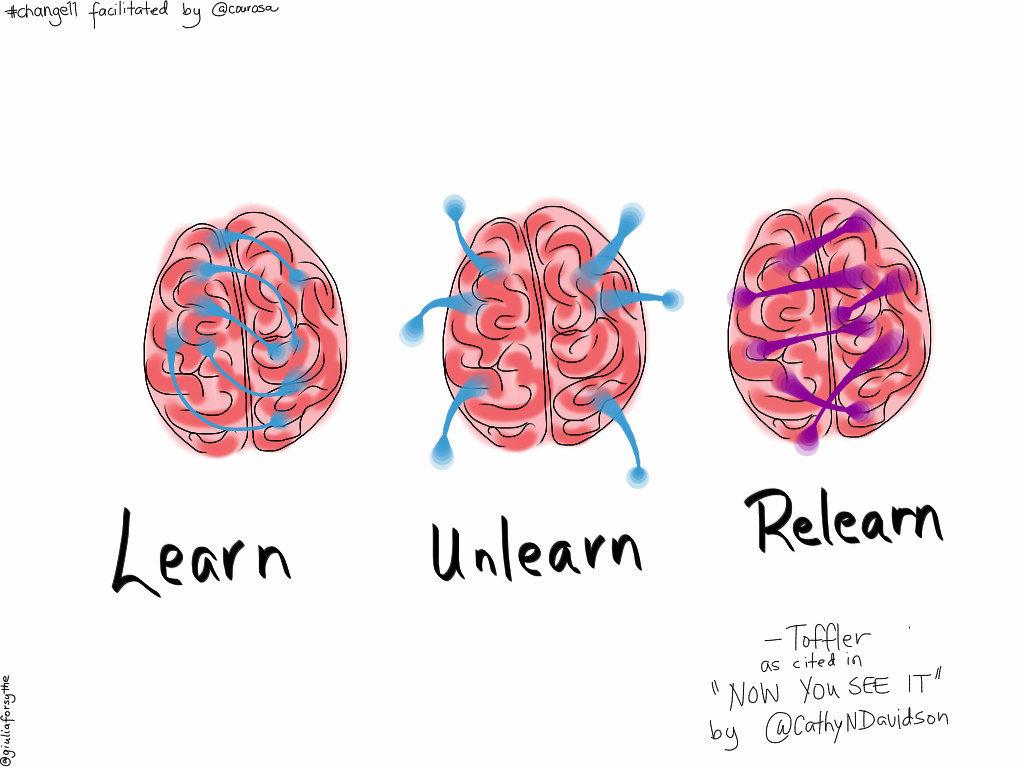Educators today play a vital role ensuring the students are prepared for the 21st century. There are many challenges that will need to be addressed for educators to be effective in teaching the next generation of learners. For example, "for more than a hundred years we have designed gives me defined being literate as being able to read and write"; However this is not enough to ensure understanding in our 21st century world. Students will need to learn how to be editors, publishers, creators and collaborators.
Educators will need to also consider the work that we do to help students become literate is helping them to communicate and connect to other learners; to other people who might share their passion. Learning, sharing, and growing online is not just about creating content but about making a connection and making the world a better place.
With some of the big shifts that are taking place with the open content and multiple teachers being accessible, the classroom teacher is no longer the sage on the stage. We are no longer the holder of all the information. So, we must look at how we can help our students. Teaching them how to use the tools how to be digitally responsible citizens will play a big part in it. Also being a learner next to our students will show them a good model of what it means to learn. We must help them see what it means to look through all the content and determine what is good content what is not good content. They must become critical thinkers and critical consumers of this information.
Another interesting big shift that we must make as teachers is understanding that writing is no longer limited to the text. That means the use of podcasts, blogs, videos, and music will be another way that students are able to communicate in their world. Understanding that the test is not the end of learning that Mastery continues on will drive our students to get better. Teaching students to share their learning the world, accepting feedback, and making changes that will reflect that new learning as they construct their knowledge in a shared collaborative environment is a new thing that we have not had to deal with until fairly recently.
The challenges we face is educators should be flexibility and a new desire to learn and teach these students in ways that we did not learn; in ways that we were not taught, to help them navigate a world that is not yet created; that is not yet fully formed. It is exciting. It is scary. But we must rise to the occasion and be willing to learn and teach in a new way.
Derrick

No comments:
Post a Comment